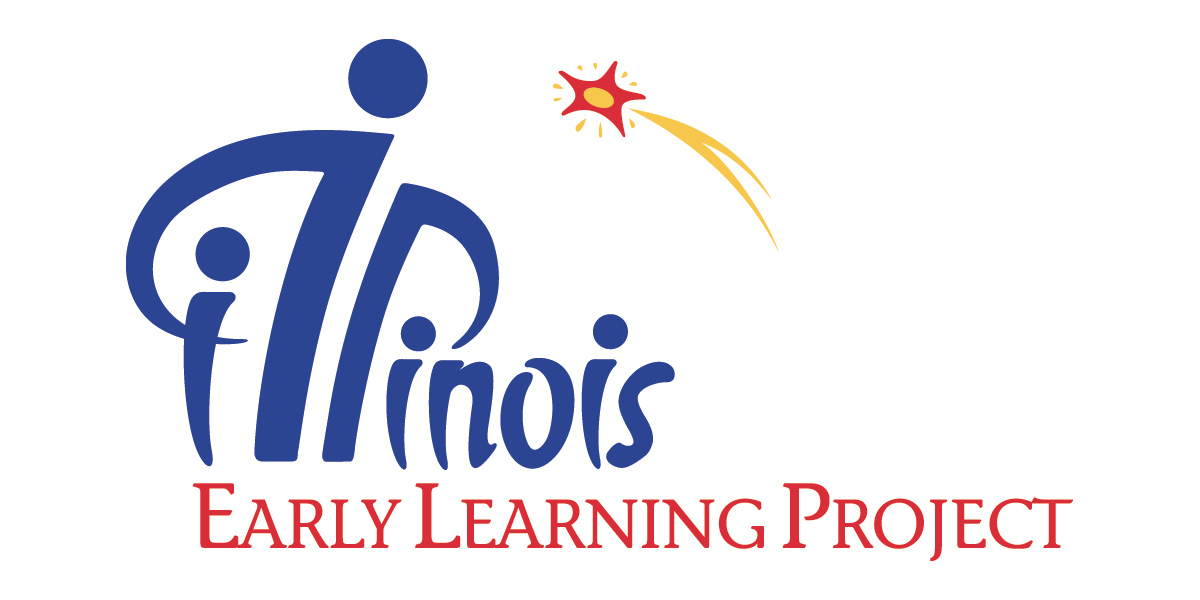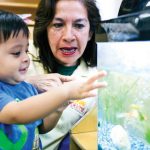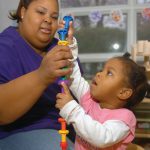Children are born ready to learn, and the first three years are the time when children develop the habits in how they approach and explore their world.1 Depending on the quality of their early experiences, children either form healthy or unhealthy attitudes toward learning.
Children’s earliest relationships, cultural and societal contexts, and individual influences directly impact their approach and feelings about learning. Children who have nurturing and secure relationships with meaningful people in their lives demonstrate a positive attitude toward learning. They tend to be interested in exploring the world around them and share delight in discovering new things. These positive “approaches” set the foundation for children’s learning styles and better prepare them to learn when they enter school.2
Healthy and secure relationships are the foundation for all areas of development, and children’s approaches toward learning are no different. Children who feel safe and trust in their world can explore their world with increasing confidence. They feel supported by their caregivers and are more willing to try new things and take appropriate risks while they explore. Caregivers who engage with children and support them in discovering their world and solving tasks foster positive feelings of mastery and self-esteem. These positive feelings are important to how children engage with peers, handle new tasks, build attention, and form their own self-concept.
Culture influences how children learn, and shapes what learning qualities and experiences are encouraged and appreciated. Some cultures may prefer persistence and attentiveness over curiosity or risk-taking. Some children may not be encouraged to get messy while exploring their outdoor environment. Their caregivers may believe that children who are neat reflect positive parenting. Different cultures may encourage children to experience activities through all of their senses, and are accepting if children do get messy.3 These differences are important to keep in mind. All children can benefit from environments that promote learning in positive and meaningful ways. Most important, however, is to nurture the qualities that children are most comfortable with and respect the cultural wishes of their families.
Individual influences such as temperament and developmental abilities also contribute to how children learn.4 Some children learn by observing their surroundings. They seem to “take in” all the information they are receiving. Other children will jump right in and physically explore everything. Neither approach is right or wrong. Instead, they highlight the unique personality traits of each child. Caregivers should be sensitive to children’s temperament and ensure that they interact and encourage children in ways that best match their unique style. Developmental abilities also influence the ways children learn. For example, some children may not have the ability to physically walk around their environment but can still benefit from the same experiences as children who can. Caregivers can modify the environment to meet the needs of all children. Therefore, it is important to recognize children’s natural abilities and provide support when needed.
All children are naturally interested in the world around them. The attitudes or “approaches” children have toward learning are dependent on their everyday experiences. Caregivers can support the development of healthy learning attitudes by providing enriching environments, encouraging and supporting children in problem solving, and genuinely sharing in their achievements. Caregivers are children’s first and most important teachers as they set the foundation for future learning and development.
Notes
- Gebhard, Barbara. (2009). Early experiences matter: a guide to improved policies for infants and toddlers. Zero to Three.
- Chen, Jie-Qi & McNamee, Gillian. (2011). Positive Approaches to Learning in the Context of Preschool Classroom Activities. Early Childhood Education Journal, 39(1), 71–78.
- Gonzalez-Mena, J. (2001). Multicultural issues in child care. Mountain View, CA: Mayfield Publishing.
- Brazelton, T. B. (1992). Touchpoints: Your child’s emotional and behavioral development. New York: Perseus.


 Printer-friendly PDF
Printer-friendly PDF




 Printer-friendly PDF
Printer-friendly PDF